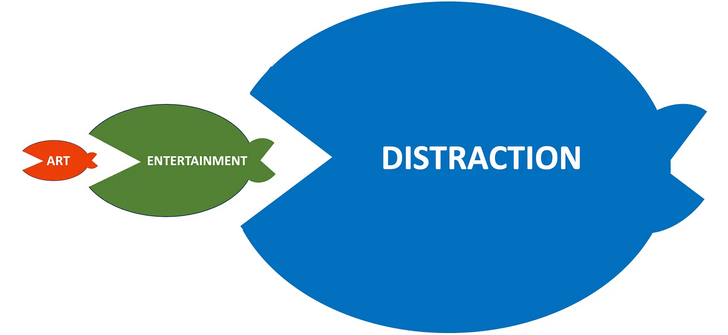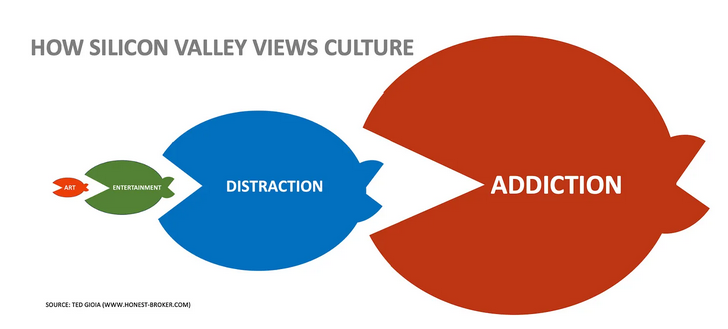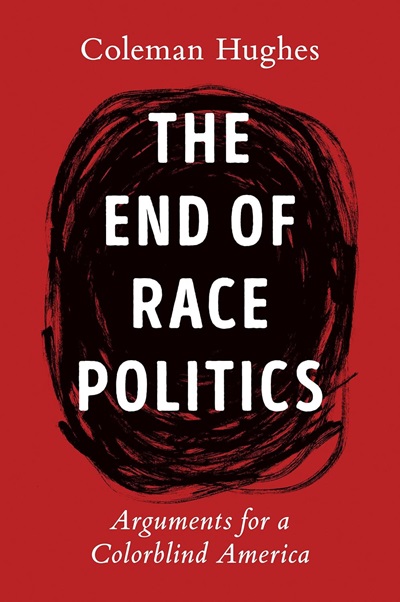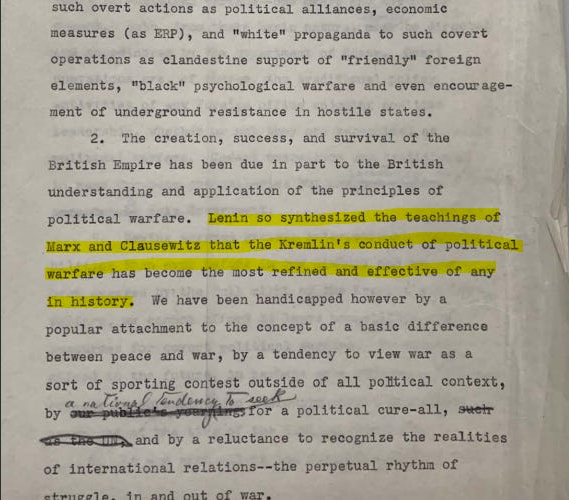Given how far race relations in the United States (and in Canada) have disintegrated since 2009, it’s almost surprising to find someone taking up arms against the race preferences and active discrimination being implemented by governments, organizations, and companies across North America, but Coleman Hughes’ first book does exactly that:
… almost as soon as the 1964 breakthrough in overcoming racial classifications took hold, it was abandoned. In a perverse echo of the past, sanctioned preferential treatment for blacks slowly began to replace sanctioned preferential treatment for whites. Set-asides, quotas, affirmative action all proliferated, all rooted in the old, crude racial classifications. The notion that affirmative action was a temporary adjustment, to be retired in a couple of decades at most, gradually disappeared. In fact, it was extended to every other racial or sexual minority and to women. Even as women and many blacks and other minorities triumphed in the economy and mainstream culture, they were nonetheless deemed eternal victims of pervasive misogyny and racism.
The more tangible the success for women and minorities, the more abstract the notion of “systemic oppression” became. Critical race theorists argued that color-blindness itself was a form of racism; and that all white people, consciously or unconsciously, could not help but be perpetuators of racial hate, whether they intended to or not. That’s how we arrived at a moment when Jon Stewart decided he’d tackle the subject of racial inequality in America by hosting a show called “The Problem With White People”, and when “The 1619 Project” actually argued that the American Revolution was not driven by a desire to be free from Britain but to retain slavery, which Britain threatened.
The poignancy of Coleman Hughes’ new book, The End of Race Politics, lies therefore in the tenacity of his faith in the spirit of 1964. “Color-blindness” is not the best description of this, because of course we continue to see others’ race, just as we will always see someone’s sex. No, as Hughes explains: “To advocate colorblindness is to endorse an ethical principle: we should treat people without regard to race, both in our public policy and private lives”.
That’s a principle the vast majority of Americans, black and white and everything else, support. It was the core principle for Frederick Douglass, Zora Neale Hurston, Martin Luther King Jr, and Bayard Rustin. “If I have advocated the cause of the colored people, it is not because I am a negro, but because I am a man,” insisted Douglass. Henry Highland Garnet — the first African-American to speak in Congress after the passage of the Thirteenth Amendment — even apologized for speaking of various different races, “when in fact there is but one race, as there was but one Adam”.
Fast forward to 2015, when the University of California called the phrase “There is only one race, the human race” a “micro-aggression”; or 2020, when the phrase “All Lives Matter” was deemed evidence of “anti-blackness”. The 21st Century, the brief era of color-blindness behind us, reached back to the 19th to insist that race defines us at our core, can never be overcome, and marks us all either an oppressor or a victim. The left, including the Democratic Party, has now adopted this worldview, along with a legal regime to actively discriminate against some races and not others: “equity”. That’s why Hughes cuts to the chase and calls these reactionaries in progressive clothing “neoracists”. They are. What else would one call them?
They are race-obsessed. They view any human interaction as a racial power-struggle, and compound it with any number of further “intersectional” power-struggles. They do not see two unique individuals with unique life experiences interacting in a free society. They see group identity as determinative everywhere; and therefore want to intervene everywhere, to discriminate against whites and successful non-whites in favor of unsuccessful non-whites. Individual rights? They come second to group identity.
[…]
One in five “black” Americans are immigrants or descended from them, Hughes observes. Only 30 percent of Asian-Americans think of themselves as “Asian” at all, rather as a member of a specific group — like Korean or Indian. Within the Asian box, you also have huge diversity: “In 2015, 72 percent of Indians over 25 had at least a bachelors degree. yet only 9 percent of Bhutanese did.” Ditto “Hispanic”. Any formula that conflates Cubans with Mexicans and Colombians is absurd. And don’t get me started on the LGBTQIA+ bullshit.
The woke also have a staggeringly crude understanding of power. Economic power? No doubt many whites have a huge edge in accumulated wealth in America; but the cultural power of African-Americans is global in reach and far outweighs the cultural clout of, say, white evangelicals or conservatives at home. Political power? Blacks, who are about 14 percent of population, are represented proportionally in the House — covering 29 states — and can claim the last two-term president, the current vice president, the House minority leader, the secretary of defense, the chairman of the Joint Chiefs, the mayors of the four most populous cities last year, and more than a fifth of SCOTUS.
For the neoracists, all racial disparities are entirely explained by “systemic racism”. But this obviously obscures the complexity of American society. “Culture” is a loaded and complex term, but it sure matters. A child with two engaged parents in the home has far more chances to succeed than a kid who barely sees his dad. Now look at the difference between family structure among many Asian-American groups and that of black Americans. And how can one blame “white supremacy” for the constant murderous mayhem of urban black spaces? Only by removing from young black men any concept of their own agency and humanity.
















